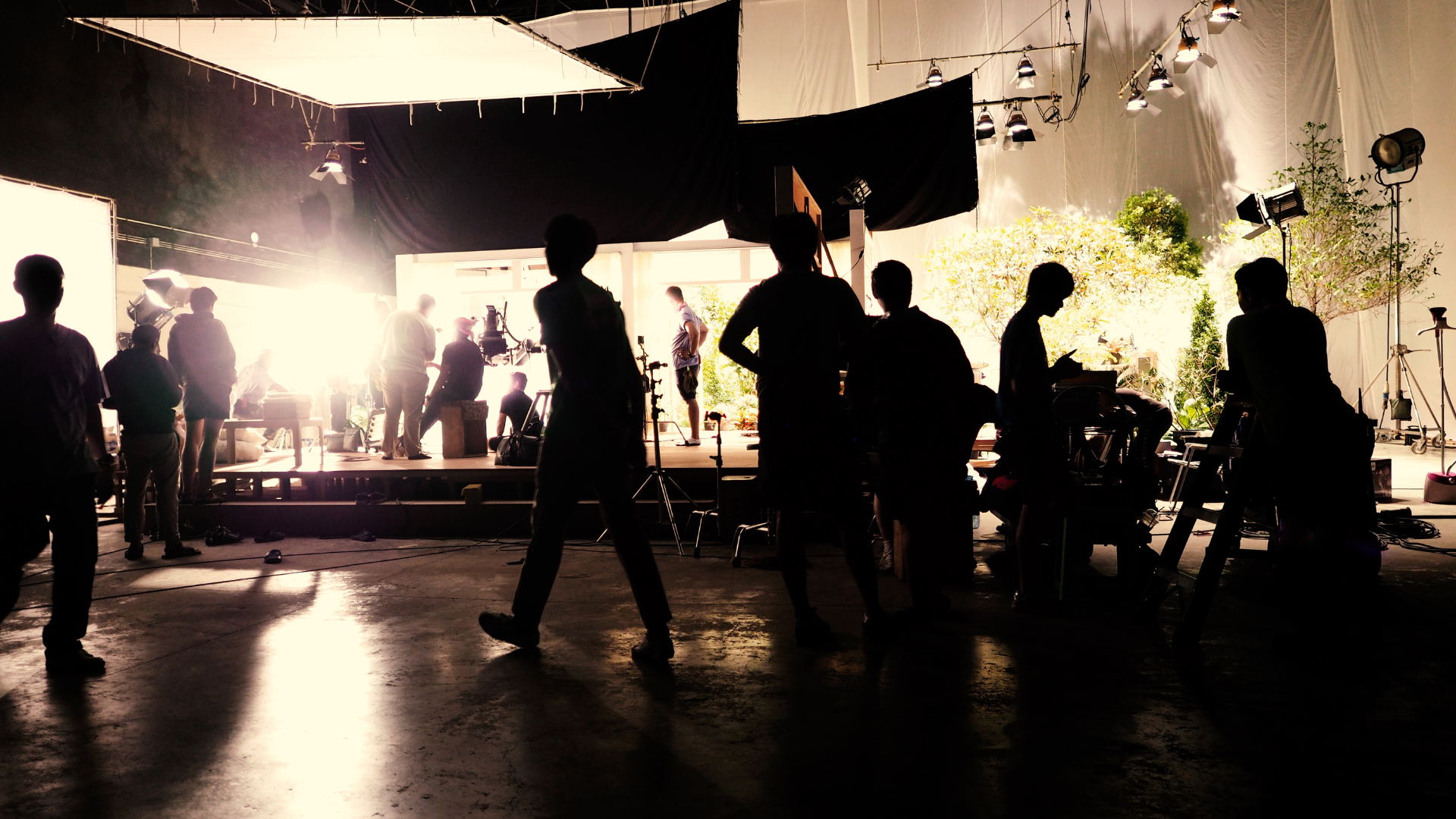AI’s Continuing Impact on Hollywood Jobs
A study reveals generative AI's impact on Hollywood jobs and potential reduction in the next three years, notably in visual effects and postproduction.
A new study reveals a significant shift and growing concern of job reduction in Hollywood due to generative artificial intelligence (AI), particularly impacting jobs in visual effects and other postproduction areas.
This study, involving 300 industry leaders, and nearly three-quarters of respondents from various entertainment companies reported that AI has played a part in job eliminations, reductions, or consolidations. Looking ahead, the study anticipates around 204,000 positions being affected in the next three years.
Sound engineers, voice actors, concept artists, and entry-level workers are notably at the epicenter of this technological upheaval. The Concept Art Association and the Animation Guild, who commissioned the report by CVL Economics, echo the anxiety felt by their members. Nicole Hendrix of the Concept Art Association points out the diminishing role of concept artists, who are increasingly tasked with refining AI-generated works, leading to fewer hours and job opportunities.
The report not only highlights the immediate impacts but also casts a light on the broader implications of AI in the entertainment sector. With the increasing reliance on AI for tasks like text generation, audio production, and creating hyper-realistic images, job roles are undergoing a significant transformation.
Sam Tung, a member of the Animation Guild's AI task force, emphasizes the study's importance in upcoming labor negotiations, drawing parallels to the Writers Guild of America's efforts in safeguarding their roles amidst technological changes. The Animation Guild aims to negotiate similar protections, balancing the studios’ inclination towards AI integration with job security for its members. Notably, Jeffrey Katzenberg, a former DreamWorks founder, predicted a drastic reduction in traditional jobs in animated film production because of AI.
The study further reveals that over two-thirds of Hollywood firms are early adopters of AI, with significant impacts anticipated in sound editing, 3D modeling, and various technical roles within three years. AI's influence is especially pronounced in areas like sound design, 3D asset development, and foreign-language dubbing, while scriptwriting and music performance remain less affected. Visual effects, a key area in postproduction, are particularly vulnerable, with AI tools like TrueSync being used extensively to facilitate tasks like lip-syncing for dubbing in various languages.
The report also touches on how AI is reshaping other production stages. Technologies that can de-age actors or assist in character design and storyboarding are potentially reducing the demand for roles like makeup artists, illustrators, and animators. Personal accounts within the industry further highlight the changing landscape. Cameron Scott Davis, a concept artist, shared his experience of losing work to AI tools in advertising, while a senior concept artist from a game studio recounted being asked to refine AI-generated character designs.
However, concerns over the exploitation of AI-generated material and copyright issues remain a complex challenge. These legal considerations may act as a deterrent for some companies contemplating a shift towards AI-dominated workflows

